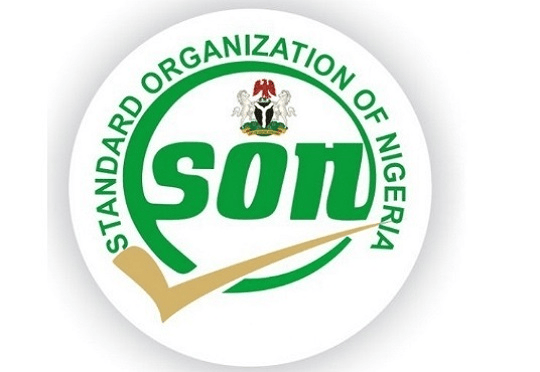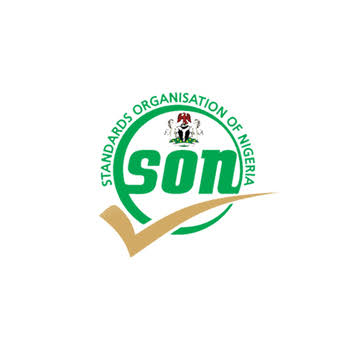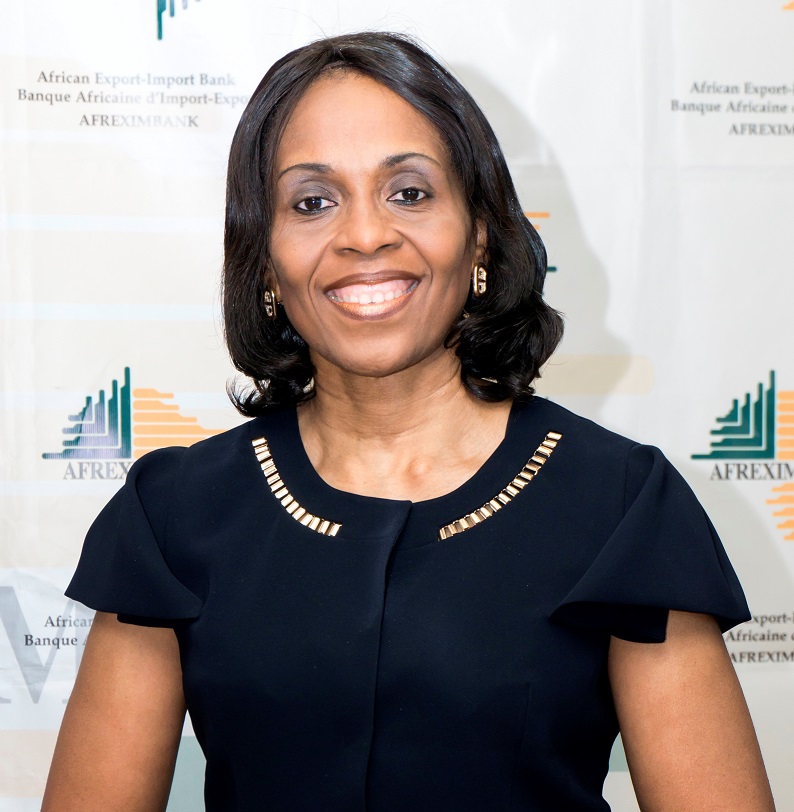The Standards Organisation of Nigeria has announced that it has achieved over 60% harmonization of export certifications, a move aimed at easing intra-continental trade.
SON’s Assistant Director of Trade, Chioma Chudi-Anaukwu, disclosed this during the Final Validation of the Market Access Guide and E-Commerce Platform held recently in Lagos by the Nigeria African Continental Free Trade Area Coordination Office.
She highlighted Nigeria’s progress in standards harmonization, particularly through its membership in the African Organisation for Standardisation, an intergovernmental body established by the former Organisation of African Unity and the United Nations Economic Commission for Africa in 1977.
“We have harmonized standards. SON is part of ARSO because we represent Nigeria in that forum,” she said. “If you come to certify your product, for instance, face masks, we will certify it based on that harmonized standard. This means that a certification issued in Nigeria will be accepted in other participating countries.
“We are all encouraged to adopt these harmonized standards. SON is performing well in this regard, as we have successfully implemented more than 60% of the harmonized standards—more than some other countries.”
She also noted that SON has secured Mutual Recognition Agreements with its counterparts across Africa to ensure Nigeria’s certifications are accepted and vice versa.
Chudi-Anaukwu urged exporters, particularly small and medium-sized enterprise owners, to avoid exploitation by consultants when seeking SON certifications, advising them to engage directly with the agency.
“It is better for exporters to avoid consultants because they exploit them,” she said. “We have an active SMEs
desk that provides rebates and other support tailored for SMEs. Some exporters have successfully accessed these services, but others, due to past experiences, feel they need consultants. However, using consultants often leads to unnecessary expenses.” She emphasized that SON offices across all states are open to exporters and encouraged them to seek information on the specific certifications they require directly.
“When you want to export a product or need certification for production, SON offers various certification types. The Mandatory Conformity Assessment Programme certification, for instance, is required for all manufactured products in Nigeria.
“We also provide export-specific certifications, including product type certification and others that meet the import requirements of various countries. However, exporters must clearly state their needs to SON officials, or else they might receive the default MANCAP certification.”
Addressing concerns from exporters whose buyers demand Société Générale de Surveillance (SGS) certification over local certifications, Chudi-Anaukwu explained that Nigeria has a partnership with SGS. She advised exporters to determine the exact certification required by the importing country to ensure compliance.
“Exporting your products depends on the requirements of the importing country. You must provide the necessary documentation as requested. If an importing country insists on SGS certification, the exporter should first understand the required certification from Nigeria,” she said.
She also pointed out that similar rules apply to goods imported into Nigeria. If a product falls under SON’s regulated product list, it must have a Certificate from the Standards Organisation of Nigeria Conformity Assessment Programme.
According to her, SGS certification is based on Nigeria’s partnerships with internationally accredited firms operating in designated countries. These firms include SGS, Cotecna, and Intertek, among others.









